
Kidney stones represent hard deposits made of different salts and minerals which form inside the kidney. They generally vary in size and shape and while some people have to deal with one large kidney stone others have to deal with two or even more smaller ones. The very presence of a kidney stone can remain asymptomatic until the stone starts to move and leave the renal pelvis. The entrance of the kidney stone in the ureter is accompanied by excruciating pain called abdominal colic.
Causes of Kidney Stones
Kidney stones form due to different changes of urine. The presence of large concentration of certain salts and minerals is the leading cause of their formation. They generally occur if the urine is more concentrated. This is why kidney stones predominantly affect people who do not consume sufficient amounts of water. The problem may also run in families (some people seem predisposed to kidney stones).
Diagnosing Kidney Stones
Kidney stones can be diagnosed accidentally during a regular ultrasound of the abdomen or abdominal x-ray performed in other purposes. Still, in many people the actual condition is confirmed once the kidney stone moves from the affected organ and enters the ureter. In case kidney stones are small and cause no disturbance they can be easily passed with urine and the person can notice them leave the urinary tract. Such people are supposed to report the event to a health care provider in order to undergo further examination. This is important because they may have more kidney stones left in the kidneys which can eventually cause serious problems.
Prevention of Kidney Stones
Prevention of kidney stones is essential in people with family history of the disease as well as those who have already had kidney stones. There are several ways of prevention when it comes to kidneys stones.
The most important thing is to consume plenty of water and other fluids. Drinking 8 to 10 glasses of water per day is a must. People who do not drink enough water may start with gradual increase by adding one more glass of water a day until they reach the optimal amount of water that should be taken on daily bases. The very color of the urine will show whether a person drinks sufficient amount of water. Namely, if the urine is light yellow the intake of water is satisfactory.
Furthermore, one's diet must be radically changed. Intake of the specific food that contains the mineral responsible for kidney stone formation should be restricted, if not completely eliminated. One should eat more fiber and consume less beef, pork and poultry. Consumption of calcium-rich food (dairy products) is supposed to be moderate. One should avoid grapefruit juice because it increases the risk for kidney stones. Oxalate-rich foods (dark green vegetables, nuts and chocolate) are also potential culprits of kidney stones, therefore they should be taken only occasionally. And finally, one should not use too much salt while preparing food.


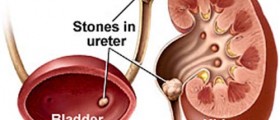
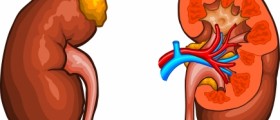



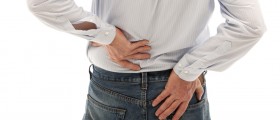
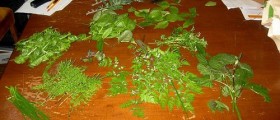



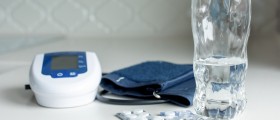

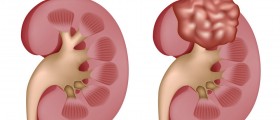
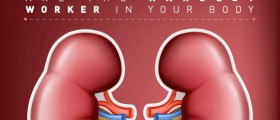
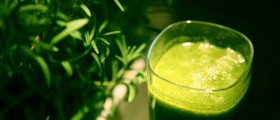
Your thoughts on this
Loading...